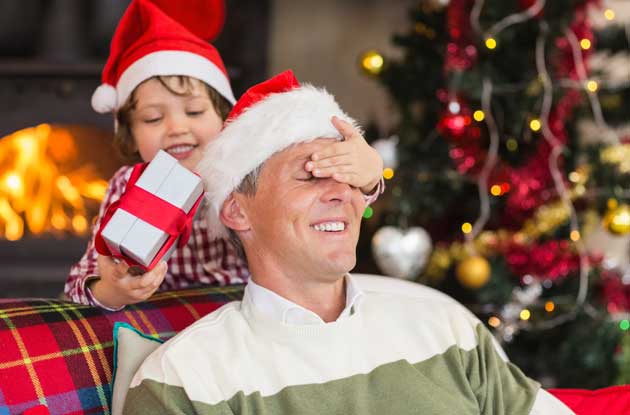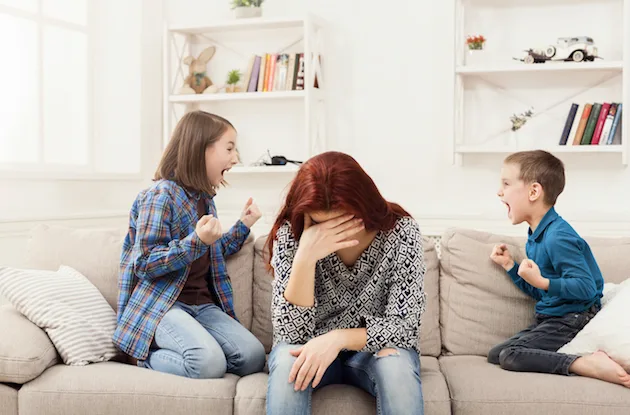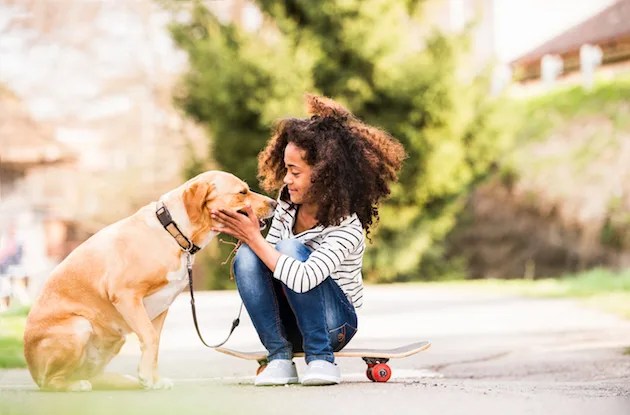Mark Mero, a former WWE champion turned inspirational school speaker, discusses how parents can help empower teens to make the right choices, prevent bullying, and deal with peer pressure.
In a nation where 1 in 20 students has seen a student with a gun at school, a child is bullied every 7 minutes, and 43 percent of kids have experienced cyberbullying, it’s clear that our children are growing up in a very different world from that of previous generations. From self-harm Instagram sites to revenge porn to Facebook pages celebrating bullying, the onslaught on Generation Y (and Z) is constant. Even tech-savvy, socially aware parents are struggling to maintain family connectivity and control the negative—and pervasive—outside influences on their kids. (After all, one thing each new generation of teens will always have in common is the need to be one step ahead of Mom and Dad.)
How can we as parents advise our teens to make the right choices in a world where not bending to peer pressure can so easily result in their (instant and very public) online humiliation or bullying? Enter former professional wrestler Marc Mero. Through his anti-bullying presentations, this unlikely (and unconventional) messenger has succeeded in giving thousands of teens the courage to open up to adults and walk away from bullying, suicide, and self-harming. Mero’s packed-to-capacity presentations in schools across the country frequently reduce kids, schoolteachers, and parents to blubbering wrecks as he describes how he felt after he lost his own mother, and how that experience made him realize the importance of making the right choices.
How does your own personal history qualify you to reach out to kids and teens who are at risk?
My parents divorced when I was 8 years old. I grew up in a single-parent home in a depressed area of upstate New York, and found my way to becoming a WCW and WWE wrestling champion. But at the pinnacle of my “success,” I was surrounded by friends who made bad choices—and died from those decisions. I have lost more than 30 friends to drugs, alcohol, and poor lifestyle choices. I want to stop the cycle.
What do you feel are the main dangers for this next generation?
Teens today are facing more and more adversity. They’re not only losing respect for authority, now they’re losing respect for life itself. It’s a tragedy that these days it is hard to find a teenager who does not know someone who took his or her own life. High school is supposed to be the happiest time of your life, not the worst! Yet some people are afraid of school—ashamed to go there because they are bullied and made to feel bad about themselves.
Why do you think your message resonates so well with teenagers?
You can reel off statistics until you’re blue in the face, but with most teens that information is in one ear, out the other. They go right back to their video games where they’re blowing people’s brains out. But kids respond to the personal touch. They respond to stories about a mother who died. That’s when they start leaning forward, listening harder, tearing up. Tears can teach people about family, about friendships, and about love.
You say you “change the way students think.” Can you explain how you accomplish that?
There’s no mystery behind what I do. Parents aren’t always aware of what’s going on—kids with suicidal thoughts, no hope, kids cutting themselves so that they can control the pain. But I give kids hope. I tell them they’re special. I tell them to love their mom, their dad, their grandma, their brother and sister. Love is the greatest gift. Let me tell you, when your time comes, the last thing you’re going to care about is how many Facebook friends you have. You’re going to want your family.
How can parents today effectively guide their teens to make the right choices?
Get your kids offline! But when I tell parents this, they say they can’t, because they don’t know their kids’ passwords. Really? It’s like the inmates are running the asylum! Kids want boundaries. Kids respond to boundaries. It’s what makes them feel safe. The things kids can access online within seconds, these are things we were never exposed to when we were that age. Engage with your kids and with your child’s life. Does your child witness bullying at school? If so, explain how he can stand up for someone else.
What are the key points of your message for dealing with peer pressure?
I tell teens and kids, “You never know what someone else is going through.” Perhaps someone is experiencing problems at home, perhaps their parents are going through a nasty divorce. And your words to that person could push them over the edge. Your words could cause that person to spiral out of control. It doesn’t matter whether someone is from an affluent home or a poorer area. Kids want to share their pain. Kids want to be helped. Reach out to them. Touch their heart and you will touch their mind.
Do you have a message for the actual bullies?
I tell bullies directly: You cannot continue this behavior and expect to have a healthy relationship with your family and friends. You cannot expect to have a happy life. The greatest joy in life is making other people feel special. It’s very short-lived to mock someone and make your friends laugh, but making someone feel special is a great gift. When you help someone become successful, you are making a success of yourself.
Marc Mero is the founder of the nonprofit organization Champion of Choices Inc. and the author of How to Be the Happiest Person on the Planet, as well as a former WCW and WWE Wrestling Champion. For more information on helping your teen make the right choices, go to thinkpoz.org.





















